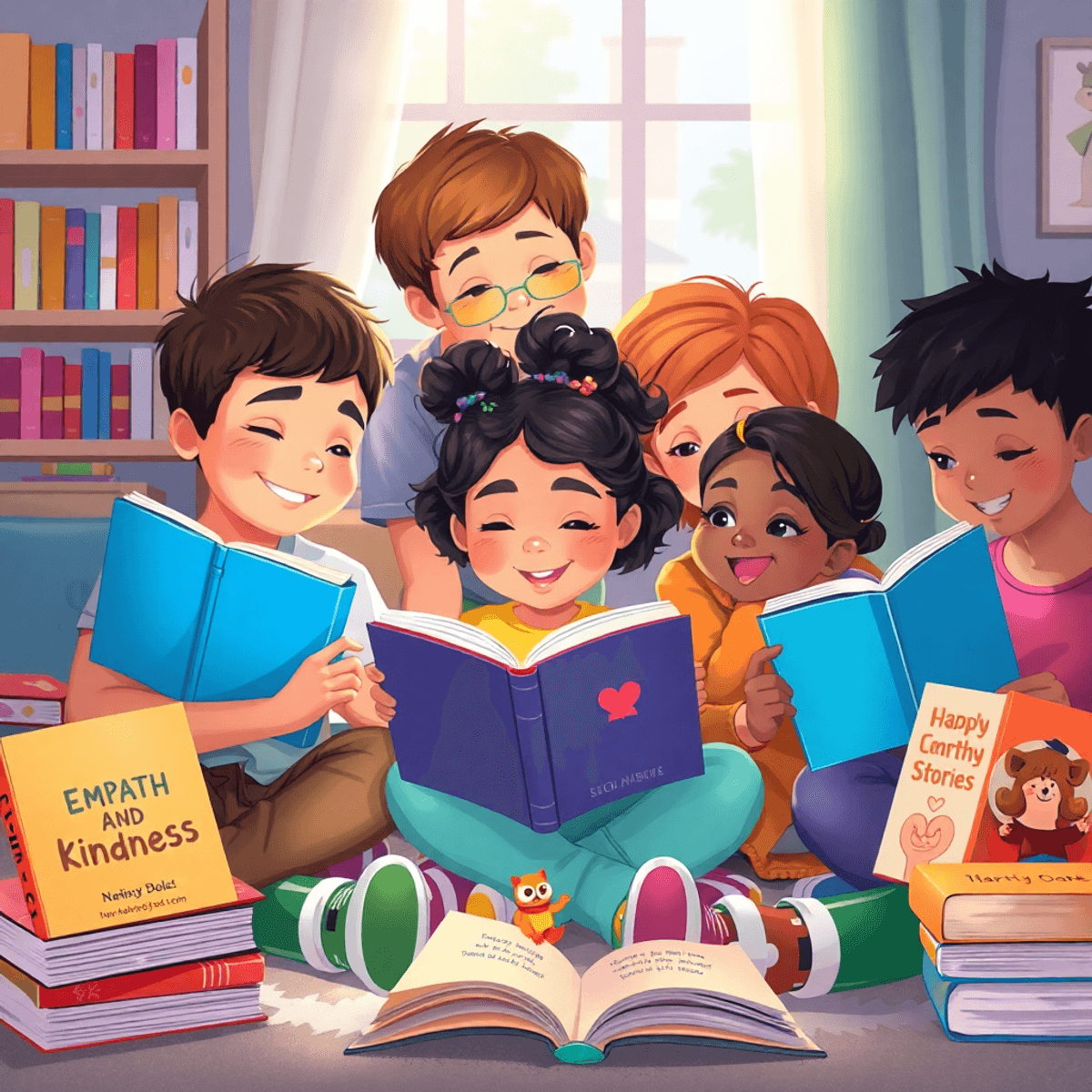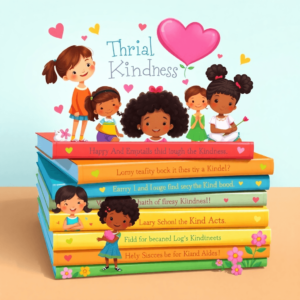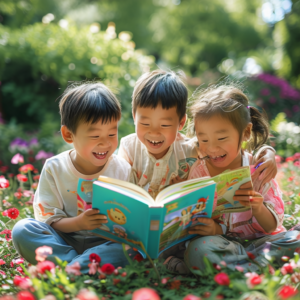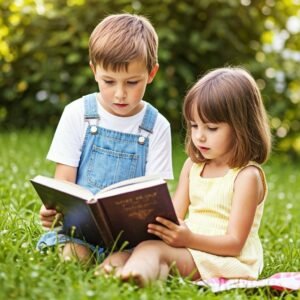
Teaching kids about the environment and the effects of human activity on the globe is more important than ever in the modern world, when environmental challenges are growing more pressing. Children may learn about environmental concerns and how they can positively impact their surroundings via interesting and educational books. These ten books are ideal for educating children about environmental awareness and encouraging them to take up constructive environmental action.
These books address everything from pollution and climate change to sustainability and animal protection. They are intended to pique young readers’ interest and motivate them to take action to save the environment. We can greatly influence children’s feelings of responsibility and enable them to become environmental activists by exposing them to these crucial ideas at an early age. Come along with us as we explore these fascinating tales and set out to build a more sustainable future.
These books not only teach kids about environmental concerns but also stress the value of making tiny changes in daily life to have a big effect. Young readers are urged to make little adjustments that add up to a large impact, from recycling and trash reduction to water and energy conservation. Children may have a greater understanding of the natural world and feel more equipped to improve their local communities by interacting with these tales and learning about the interdependence of all living things. We have the chance to raise a generation of environmentally aware people who are dedicated to protecting our world for coming generations by sharing these motivational stories. Together, let’s accomplish this crucial task and motivate the future generation of environmental protectors. A youngster who reads a tale on the value of recycling, for instance, may inspire their peers to join in and cut waste by launching a recycling program at school. These kids may have a significant environmental effect and encourage others to follow suit by doing modest tasks like sorting recyclables and cutting back on single-use plastics. We can all benefit from a more sustainable and greener future if we work together.
Let’s work together to educate and equip our young people to take the lead in environmental preservation. We can raise a generation of people committed to long-term good change by fostering in them a feeling of responsibility and respect for the environment from an early age. Children may have a greater appreciation for the value of preserving our natural resources via practical experiences like helping out at neighborhood clean-up activities or taking part in eco-friendly initiatives. These young environmentalists will carry on the tradition as they develop and mature by teaching others the principles and methods they have discovered, encouraging others to do the same. We are creating a healthier and more vibrant planet for future generations to enjoy with every little step we take in the direction of a more sustainable future.
1. Discuss the various ways children can get involved in environmental activism, such as joining youth organizations or attending educational workshops.
2. Explore the long-term impact of instilling eco-friendly practices in children from a young age, including how it can shape their future behaviors and attitudes towards sustainability.
3. Highlight success stories of young environmentalists who have made significant contributions to conservation efforts and inspired positive change in their communities.
4. Examine the role of schools and educators in promoting environmental awareness and fostering a sense of responsibility towards protecting our planet among students.
5. Consider the broader implications of raising a generation of environmentally conscious individuals, including how it can catalyze widespread cultural shifts towards more sustainable lifestyles.
“The Lorax” by Dr. Seuss, which examines themes of environmental conservation and the effects of human activities on nature, is one example of a book that may address these subjects. Robin Wall Kimmerer’s book “Braiding Sweetgrass” explores sustainable techniques and traditional knowledge, providing guidance on how to coexist peacefully with the environment. William Kamkwamba’s book “The Boy Who Harnessed the Wind” is the remarkable real tale of a young Malawian inventor who brought renewable energy to his town via his inventiveness. These books demonstrate how education and individual initiative may build a more sustainable future for all.


